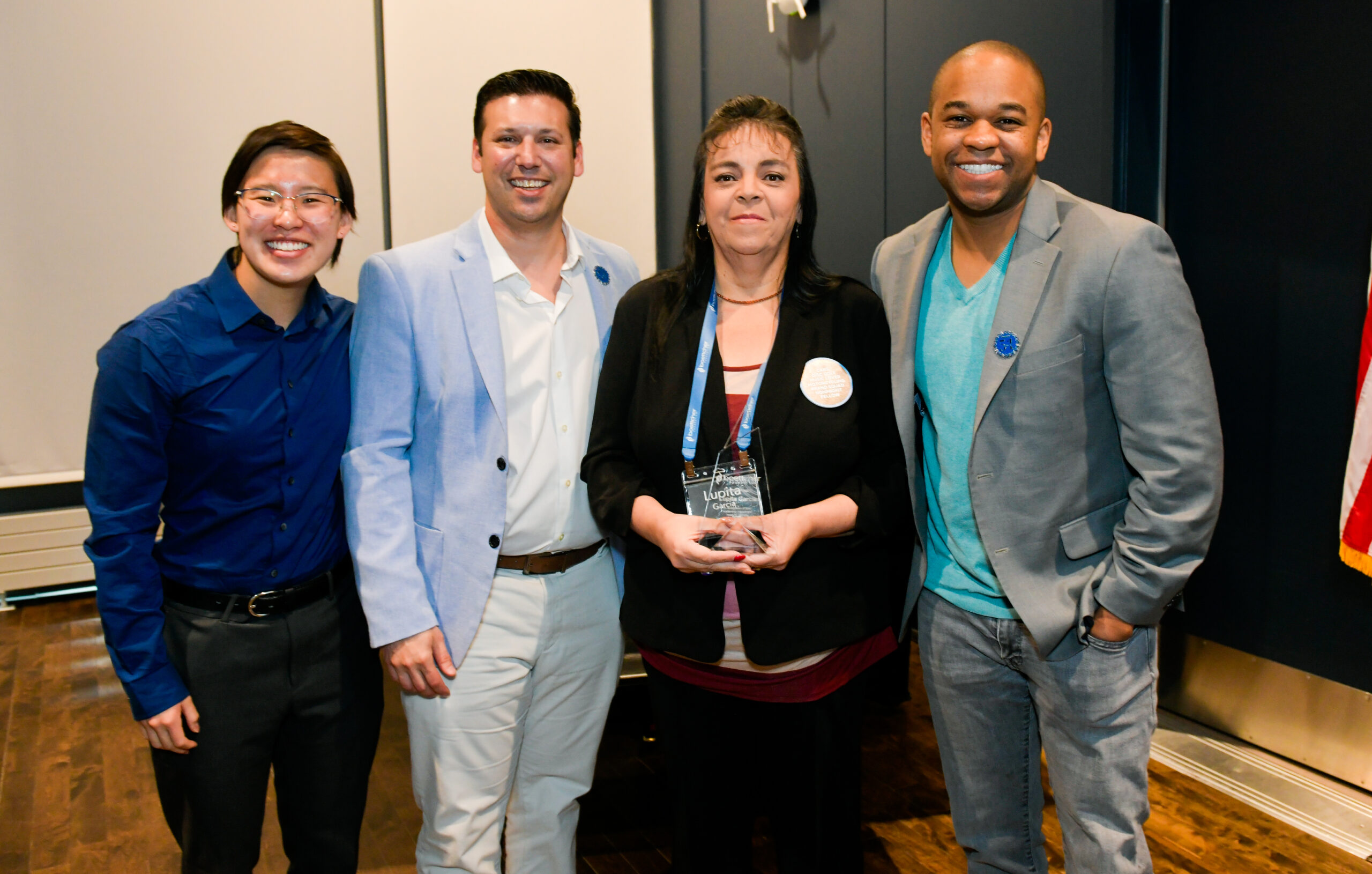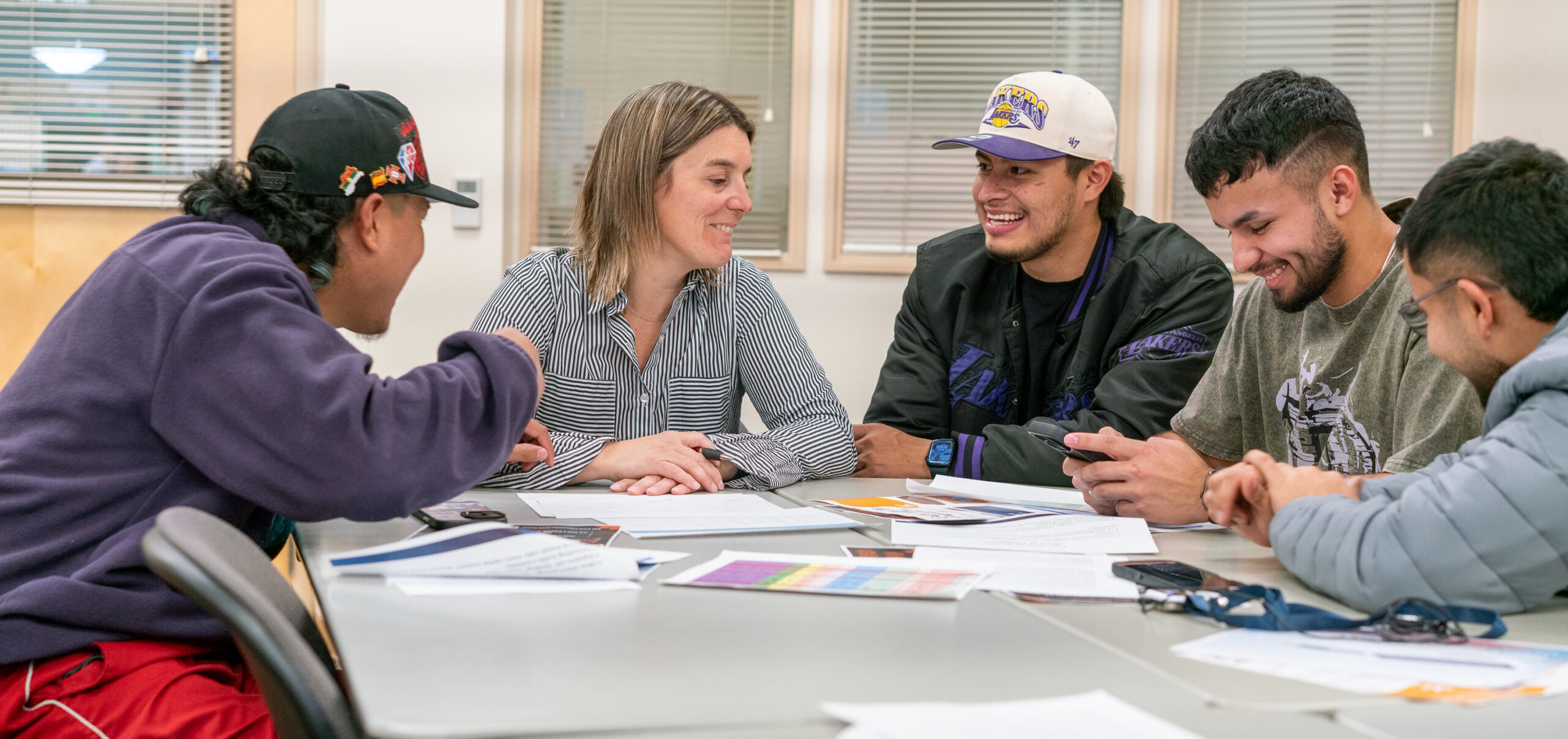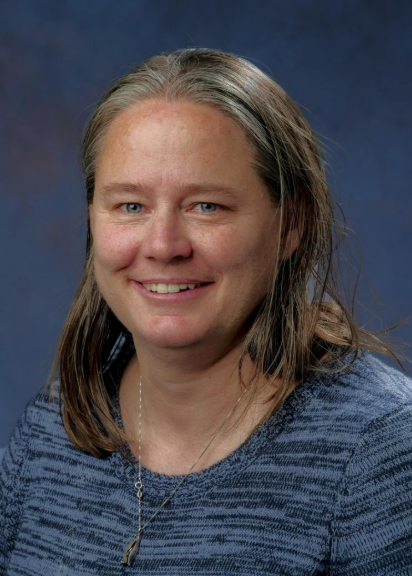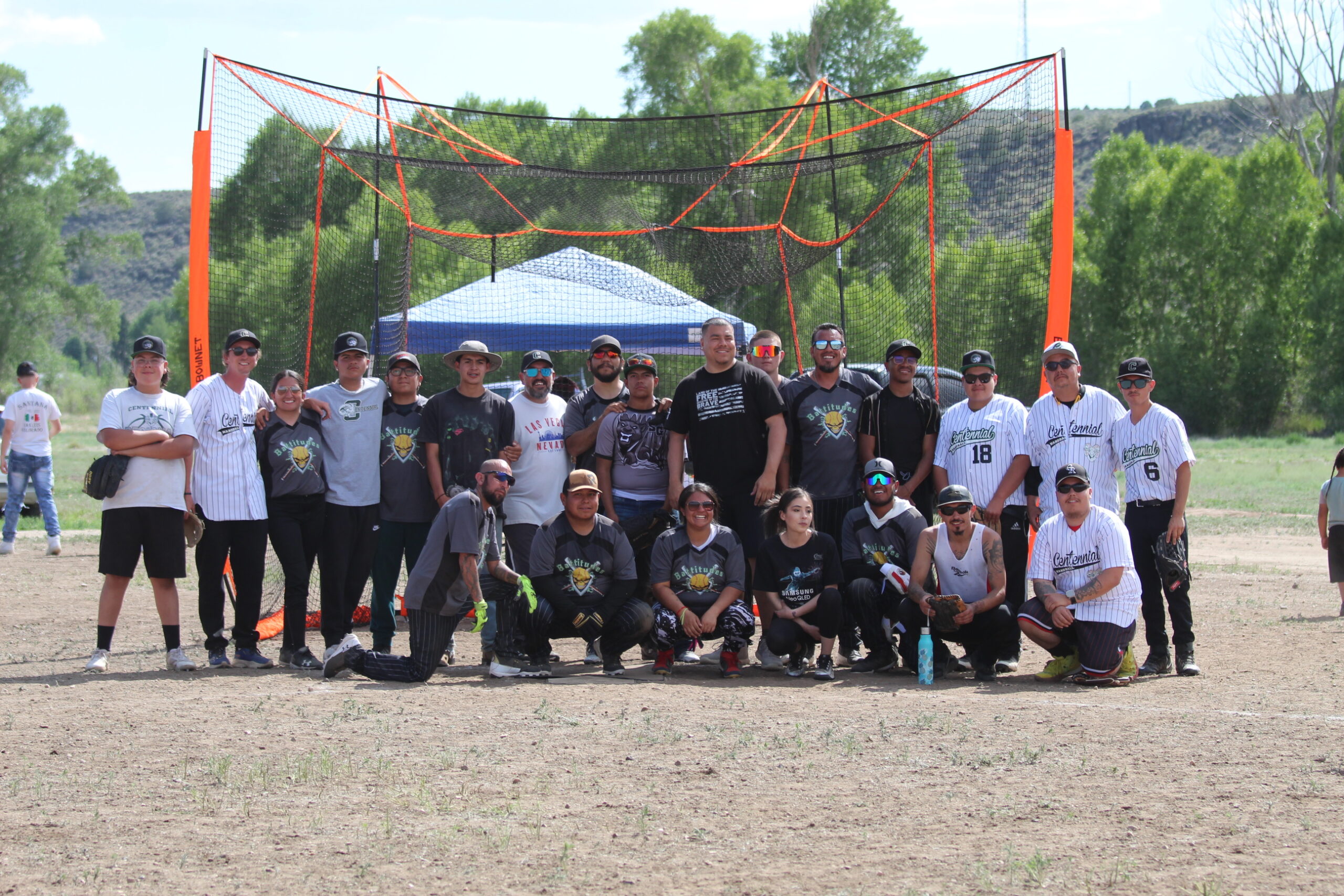Growing up in Monte Vista, Lupita developed a deep sense of community, where neighbors looked out for one another and family ties ran strong. Motivated by her mother’s example of volunteerism and her own experiences overcoming challenges, she found purpose in helping others and holding herself to high moral standards. Over the past two decades, that purpose has guided her work in nonprofit leadership, trauma-informed care, and advocacy across the San Luis Valley. Whether supporting students, leading women’s empowerment programs, or collaborating on environmental justice projects, Lupita remains committed to building stronger, healthier communities—one voice at a time.
Q: Growing up in the San Luis Valley, what early experiences shaped your connections in the community?
A: When I was younger, we had strong family ties in Monte Vista and throughout the San Luis Valley. I grew up with a deep appreciation for family culture and a strong sense of community—everyone looked out for each other. My family has faced its share of struggles, and through those experiences, I learned to push myself to higher moral standards. That has built my motivation to help others. My mother has volunteered for many years and continues to serve in our local church.
During high school, I was ahead on credits to graduate, so I attended school for half the day and worked as a Title I teacher assistant, helping students who needed extra support. I joined our local Future Business Leaders of America (FBLA) club, was included in “Who’s Who Among American High School Students,” and was nominated as the youngest contestant for the Miss American Coed Pageant in Colorado.
Q: How has pursuing certifications and leadership programs, like the Boettcher Fellowship, shaped your path?
A: I have dedicated myself to making a positive impact on individuals, families, and the community as a whole. While most people focus on one area, my learning style is different—it challenges my mind and helps me develop expertise in various fields. Completing certifications and leadership programs allows me to expand my knowledge and make a meaningful difference for others. My goal is to follow my heart, continuously learn, and improve my skills in different areas so I can inspire others to use their voices and take action on what matters most to them.
Each certification I’ve earned is important to me. The Boettcher Fellowship provided a professional development grant that allowed me to study subjects that helped fulfill some of my childhood dreams. I dedicate my time to self-improvement, learning, and growing in different areas each year. I do everything I can to educate myself so I can share my vision, values, and drive with the community.
Q: What advice would you give to someone who wants to make a difference in their own community but doesn’t know where to start?
A: If you want to help others transform themselves, you first need to learn about the different areas where change is needed. Start by exploring which organizations or causes interest you most, and consider volunteering your time and skills there.
Visit different nonprofits and ask if they are looking for volunteers. Other ways to make a difference include donating gently used items, supporting local businesses, and seeking out additional opportunities to support your community.
Q: You’ve spent two decades in nonprofit work. What initially drew you to this path, and what keeps you inspired?
A: Twenty-two years ago, I applied for a job at the San Luis Valley Information Center in Monte Vista. My first year, I was trained by a volunteer named Lois; the second year, I became the manager, and by the third year, I was the executive director. I met people from across the San Luis Valley at meetings and conferences.
When I moved to Alamosa, I worked in the radiology department at San Luis Valley Health. One day, Christine Canaly from the Ecosystem Council called and asked if I was the Lupita who worked at the Information Center. When I said yes, she told me she had been looking for me and invited me to work with her on a water well project. I accepted, and it was an amazing experience—we even traveled to Washington, DC, for an award and a three-year grant from the EPA.
My next job was at Tu Casa, working with victims of domestic violence and sexual assault. I started as a receptionist, then became an advocate, worked on co-location projects, and created a women’s empowerment program in each county. To this day, I still hear about the impact I made on some clients. For the past twelve years, I have helped people with their housing needs.
Q: You’ve done a lot of work grounded in trauma-informed care. How do you bring that lens into leadership and systems change?
A: Trauma-informed care is a critical part of leadership. Trauma is different for everyone, and we all handle it in our own ways. Fostering a culture of diversity, equity, and inclusion creates a sense of belonging and ensures everyone’s voice is heard and valued.
Working with victims of domestic violence and sexual assault requires building safety and trust first. Once someone feels safe, you can move forward together, supporting them as they make their own choices and become empowered.
Systemic change starts with facing your own trauma. Helping each person develop coping skills for stress, grief, disabilities, and other mental health challenges is essential. Encouraging people to talk and use their voices has a big impact on how they deal with the issues they’re facing.
Q: If you could envision a big change for the San Luis Valley in the next 10 years, what would it be?
A: If I could imagine a positive impact for the San Luis Valley in the next ten years, it would be for everyone in our communities to live healthy lives. True health includes safe housing, abundant crops to address food insecurity, access to health insurance, and training for better jobs and higher income. Healthy living is not just about physical health, but also mental well-being, living a balanced and fulfilling life. I hope we can all make our smiles shine.
That’s the spirit of Boettcher.




